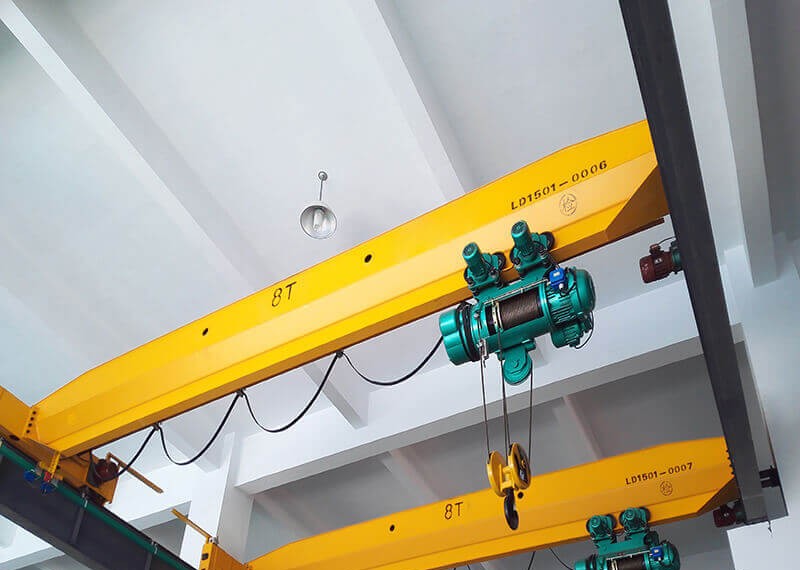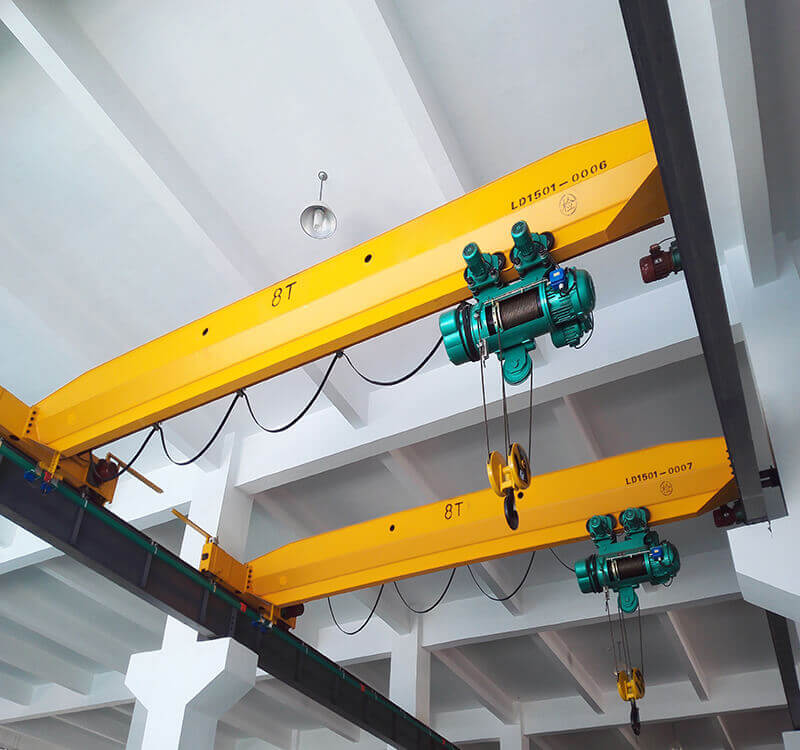
WHAT CRANE OPERATORS DO
Crane operators’ experience in the workplace differ greatly depending on the industry they choose to work in, the type of equipment used, and their location. There are many demands for cranes in various fields, which allow operators great flexibility – they can choose to work in port terminals, construction, wind energy construction, urban construction and choose to operate tower cranes, mobile cranes, or overhead cranes.

WHAT CRANE OPERATORS DO
Overall, crane operators manage the movement and placement of materials needing to be lifted or are too heavy to place from the ground. Careful hand-eye coordination is essential to moving heavy equipment, especially in the bustle of construction sites and the other challenging landscapes crane operators face.
Cranes possess many hazards, so it’s important for operators to have a clear understanding of their equipment and regularly inspect and maintain cranes. Other responsibilities include setting up, taking down, transporting, and operating safely.
WHY BE A CRANE OPERATOR?
For anyone who doesn’t want to sit in an office all day, a career in crane operating is for you! Crane Operators spend the majority of the day outside in an exciting and challenging work environment. Operators have the opportunity to experience a unique sense of pride as they can see the physical evidence of their hard work, even years later. Operators in cities may smile up at skyscrapers they helped build and rural operators feel that sense of pride when they see a silo or windmill they assembled.
The type of equipment used can change the experience as a crane operator:
Running a tower crane allows for breathtaking views above the rest of the world and cityscape, just as long as you are comfortable with heights. Tower cranes often operate around other buildings that act as obstacles to the crane’s swing, providing a challenging, yet rewarding workload.
The work environment for mobile crane operators can change every day. Mobile cranes are easily transported from site to site, so they usually tackle smaller lifts as they don’t have to stay in the same spot day after day.


